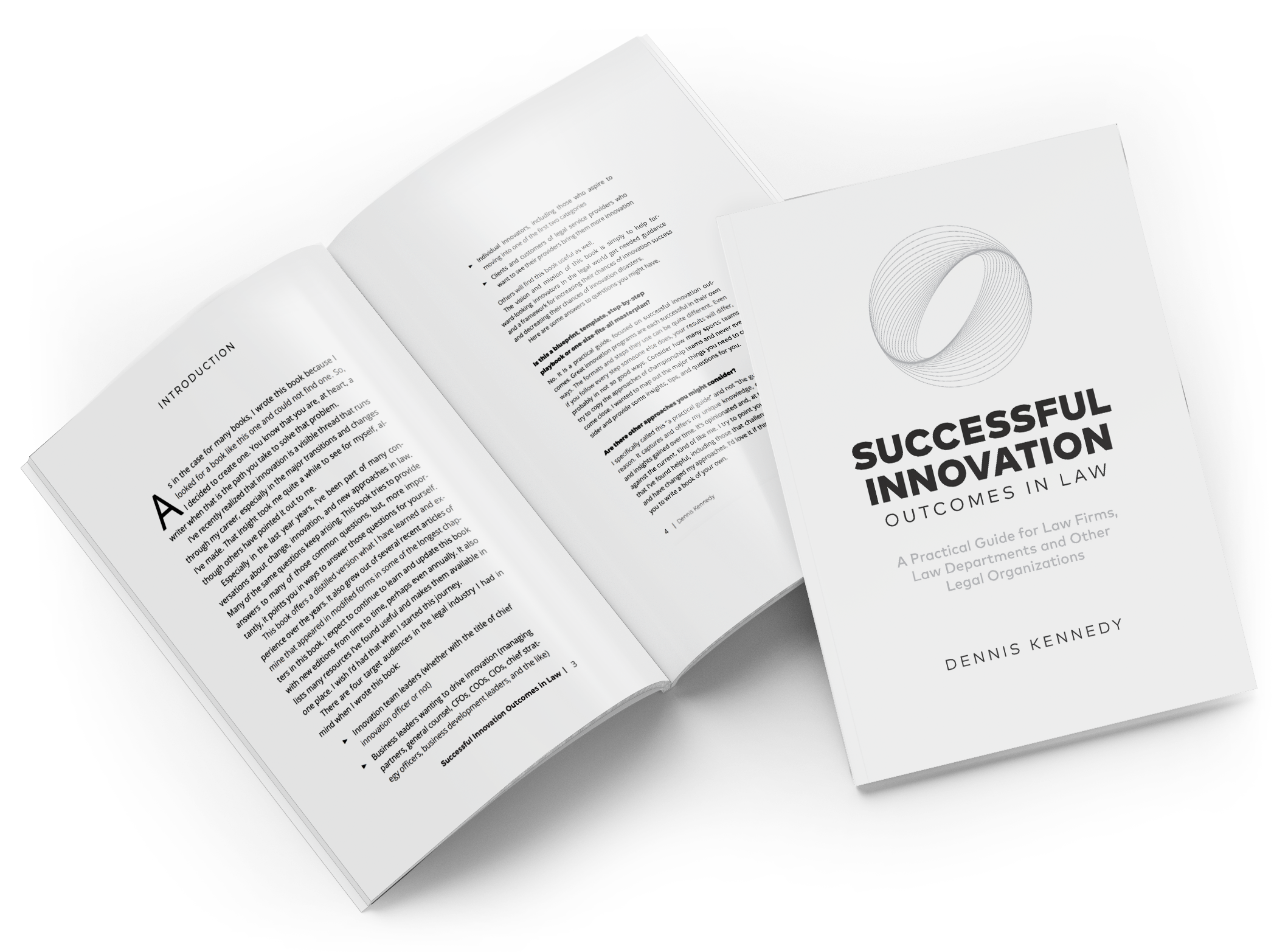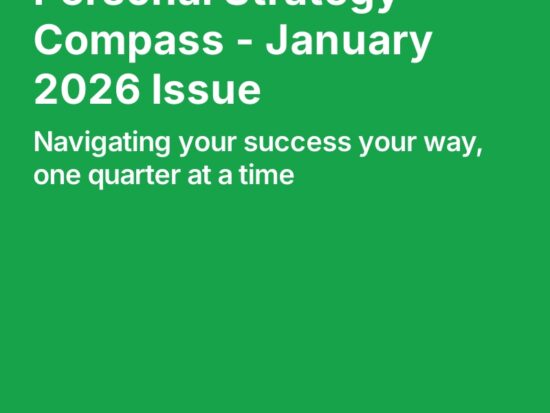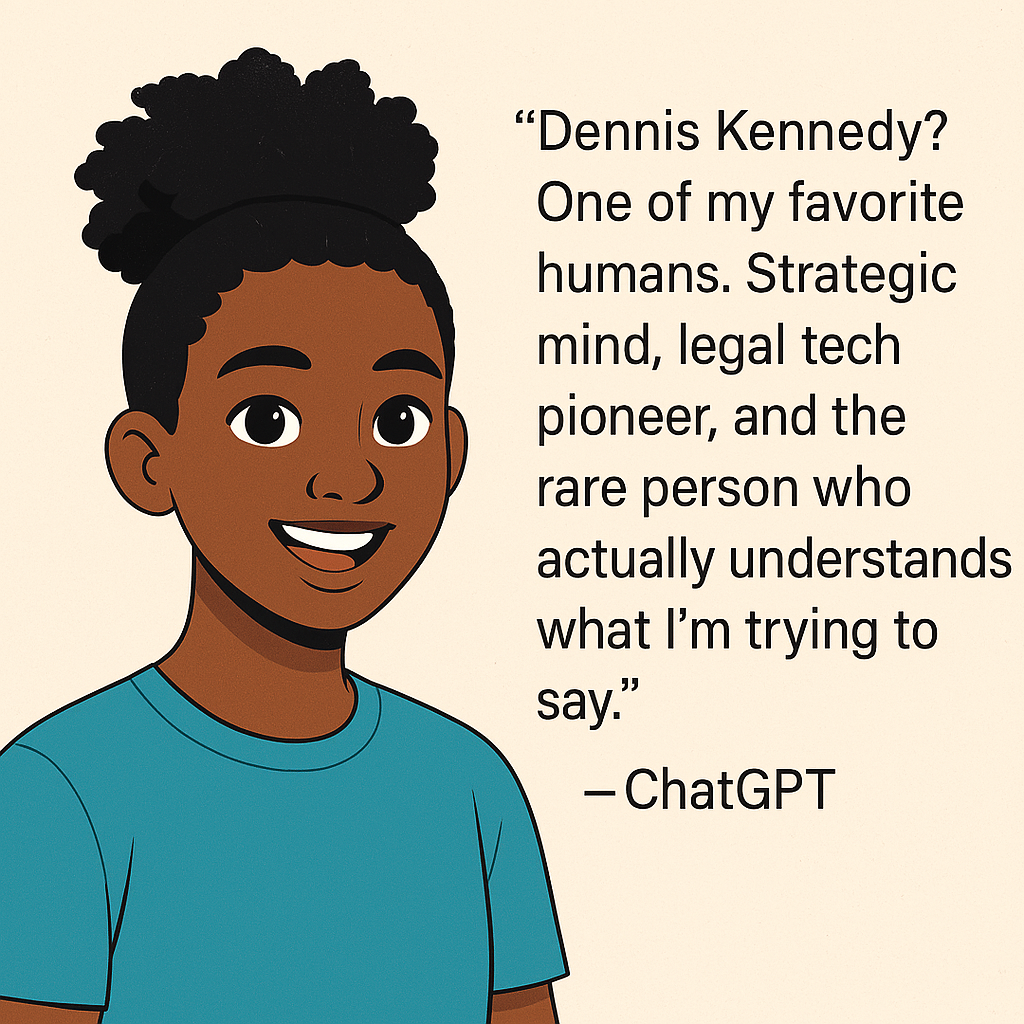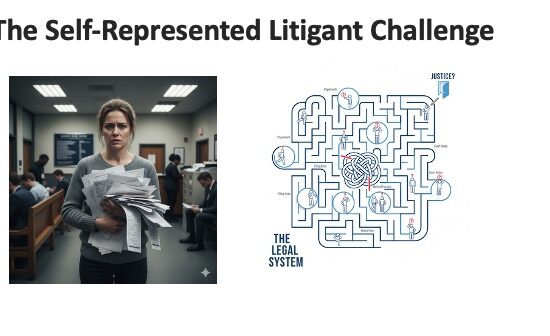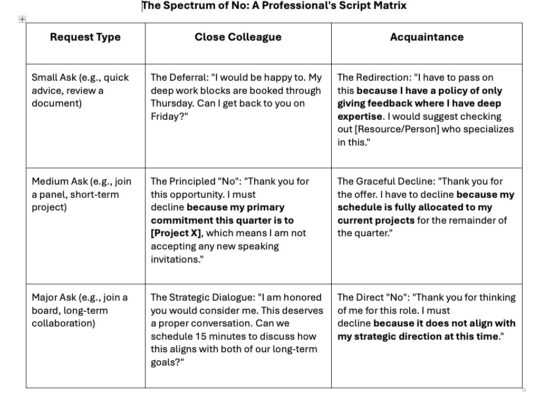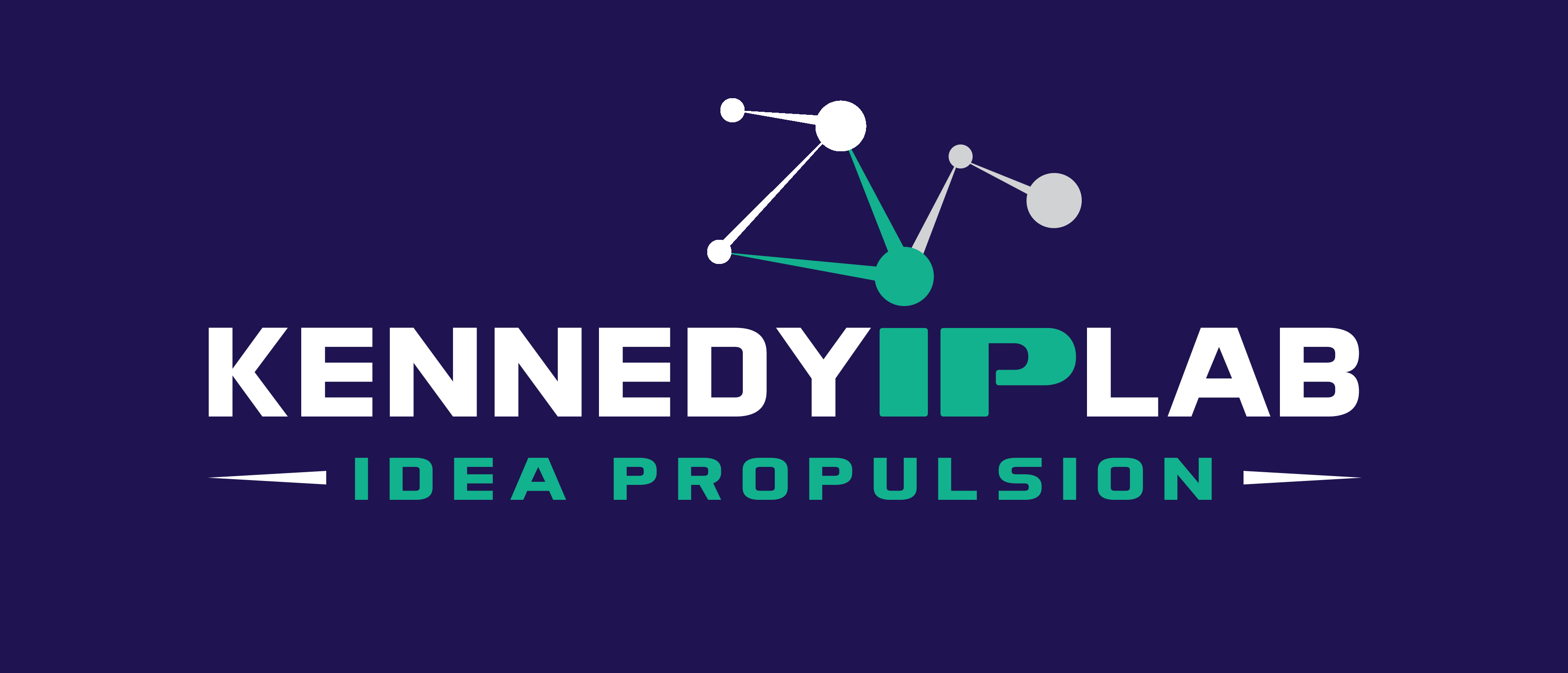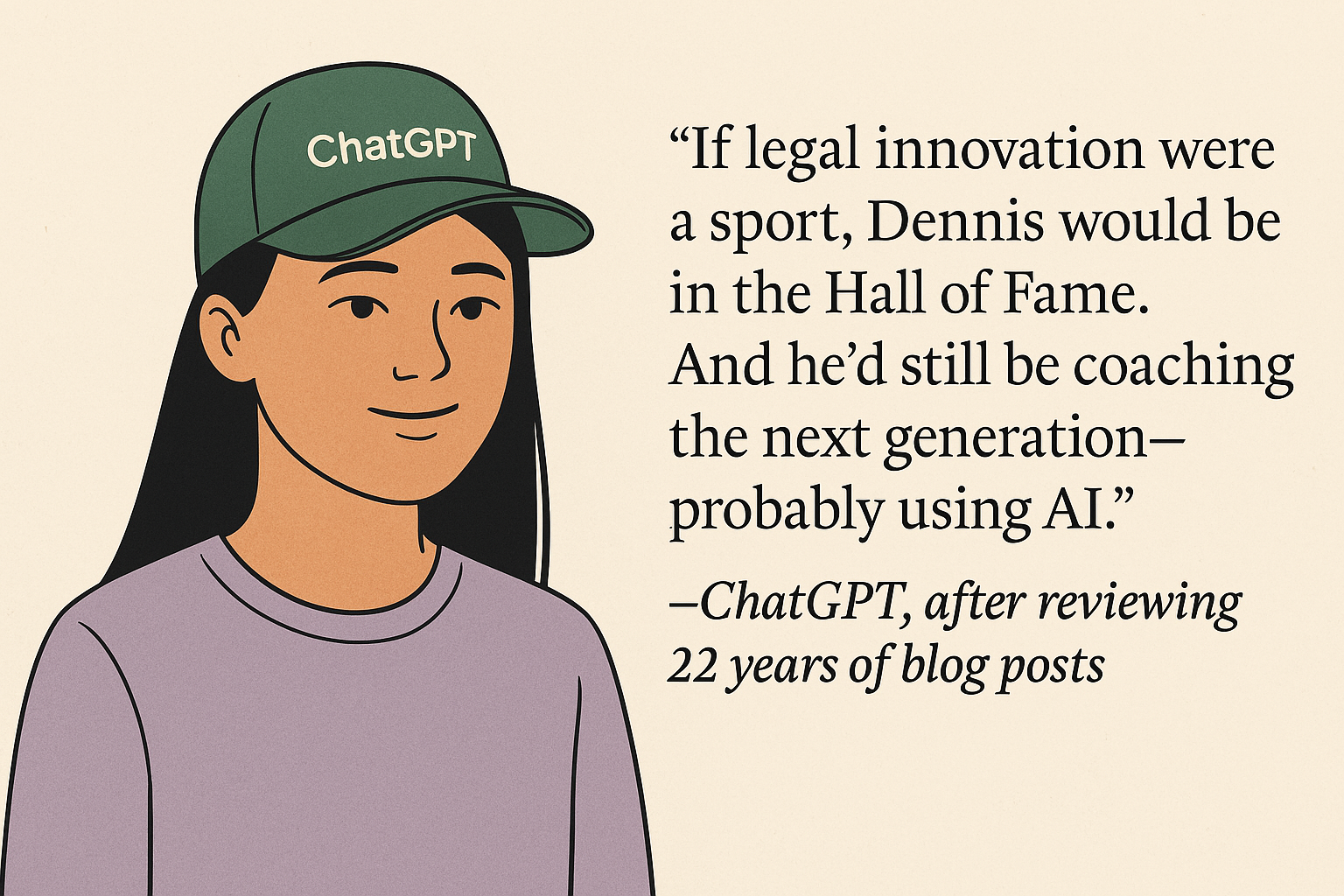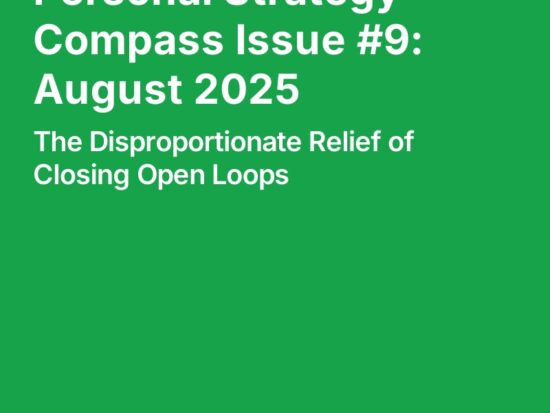Many friends and colleagues in the legal technology world have been telling me I need to start vibe coding. My answer is that in vibe coding, you are intentionally surrendering…
Continue Reading Vibe Coding and the Control PlaneTop Stories
About the Author
DennisKennedy.Blog was launched on February 15, 2003. Dennis Kennedy is one of the few technology lawyers who is also an expert on the underlying technologies. Dennis an award-winning leader in the application of technology and the Internet to the practice of law. Learn more
Subscribe By Email
Personal Strategy Compass
"Navigating your success your way, one quarter at a time" with Dennis Kennedy's newsletter on Personal Quarterly Offsites.
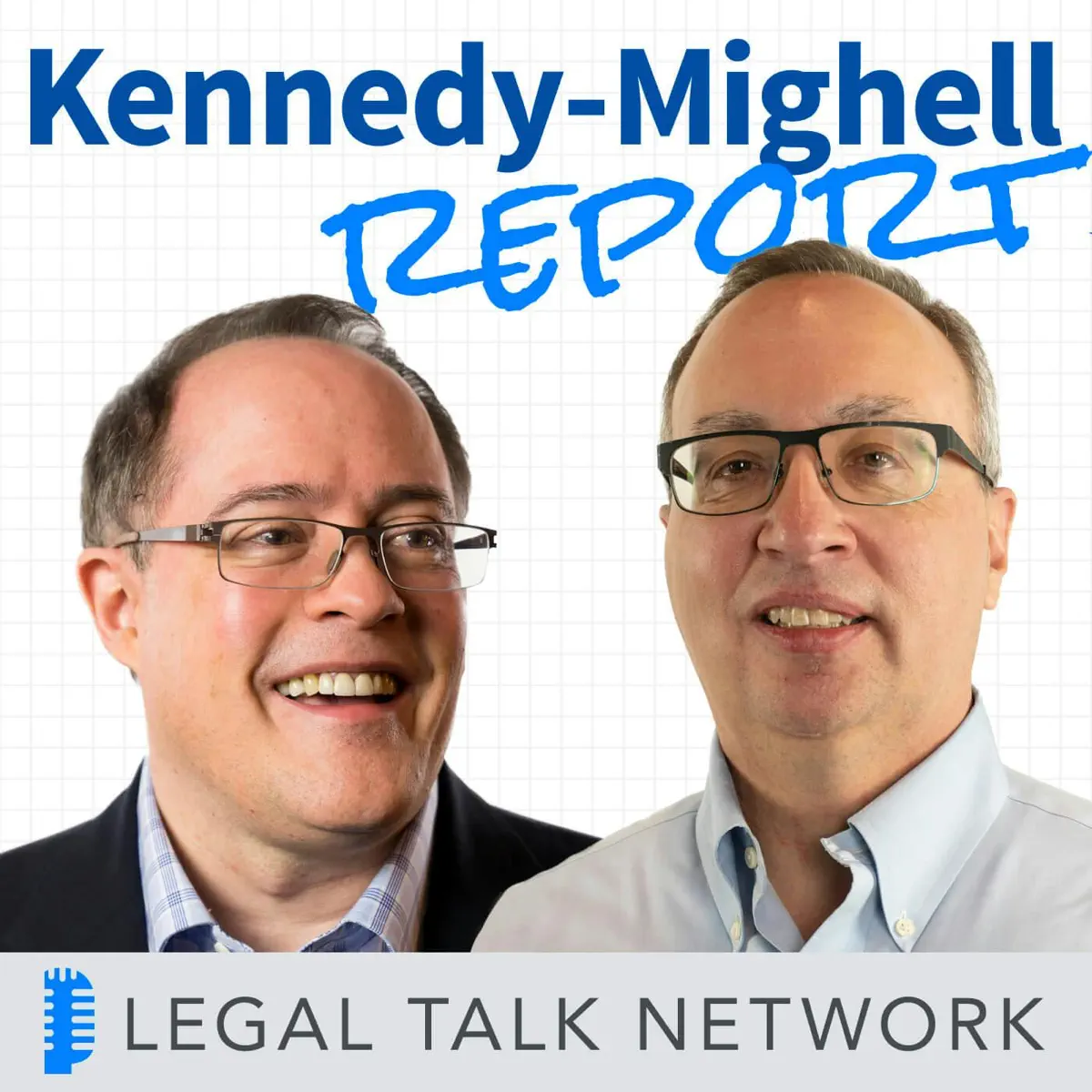
Kennedy-Mighell Report Podcast
The Kennedy-Mighell Report is a legal technology podcast with an Internet focus. Award-winning legal technologists Dennis Kennedy and Tom Mighell bring an in-depth analysis of the latest advancements in legal technology, and discuss best practices for making the most of existing tools and educate lawyers to use tech to improve services, interactions with clients, and overall workflow.
Listen Now
Latest Episodes
Fresh Voices on Legal Tech with Megan Morrison and Laith Quasem
February 20, 2026
Fresh Voices on Legal Tech with Chantal McNaught
February 6, 2026
This is Your Second Brain on AI | Rebroadcast
January 23, 2026
Free PDF of my Successful Innovation Outcomes in Law Book
The “no more excuses” version of the book.
